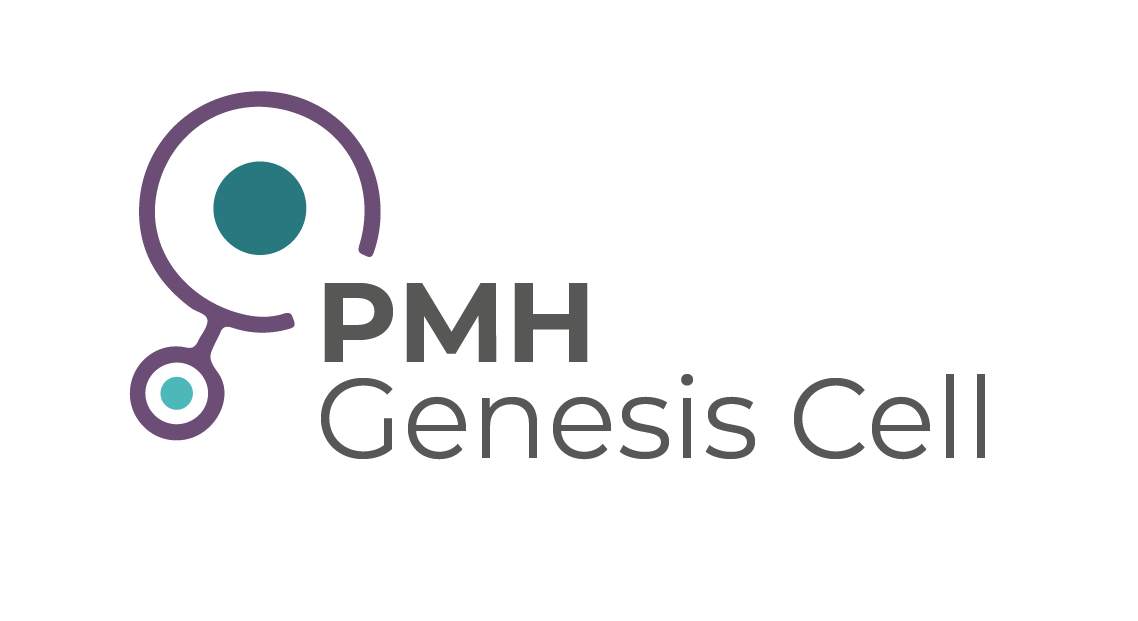Abstract
Rheumatoid arthritis (RA) is a chronic systemic autoimmune disease that affects the lining of the synovial joints leading to stiffness, pain, inflammation, loss of mobility, and erosion of joints.
Its pathogenesis is related to aberrant immune responses against the synovium. Dysfunction of innate and adaptive immunity, including dysregulated cytokine networks and immune complex-mediated complement activation, are involved in the progression of RA. At present, drug treatments, including corticosteroids, antirheumatic drugs, and biological agents, are used in order to modulate the altered immune responses.
Chronic use of these drugs may cause adverse effects to a significant number of RA patients. Additionally, some RA patients are resistant to these therapies. In recent years, mesenchymal stem/stromal cell (MSCs)-based therapies have been largely proposed as a novel and promising stem cell therapeutic approach in the treatment of RA. MSCs are multipotent progenitor cells that have immunomodulatory properties and can be obtained and expanded easily.
Today, nearly one hundred studies in preclinical models of RA have shown promising trends for clinical application. Proof-of-concept clinical studies have demonstrated satisfactory safety profile of MSC therapy in RA patients.
The present review discusses MSC-based therapy approaches with a focus on published clinical data, as well as on clinical trials, for treatment of RA that are currently underway.


